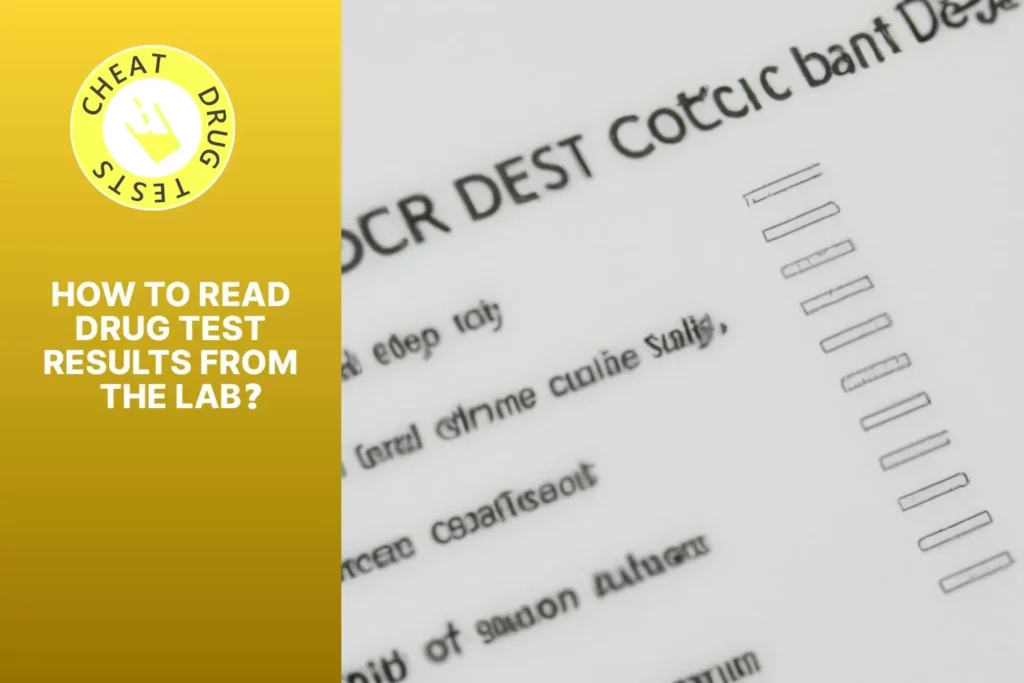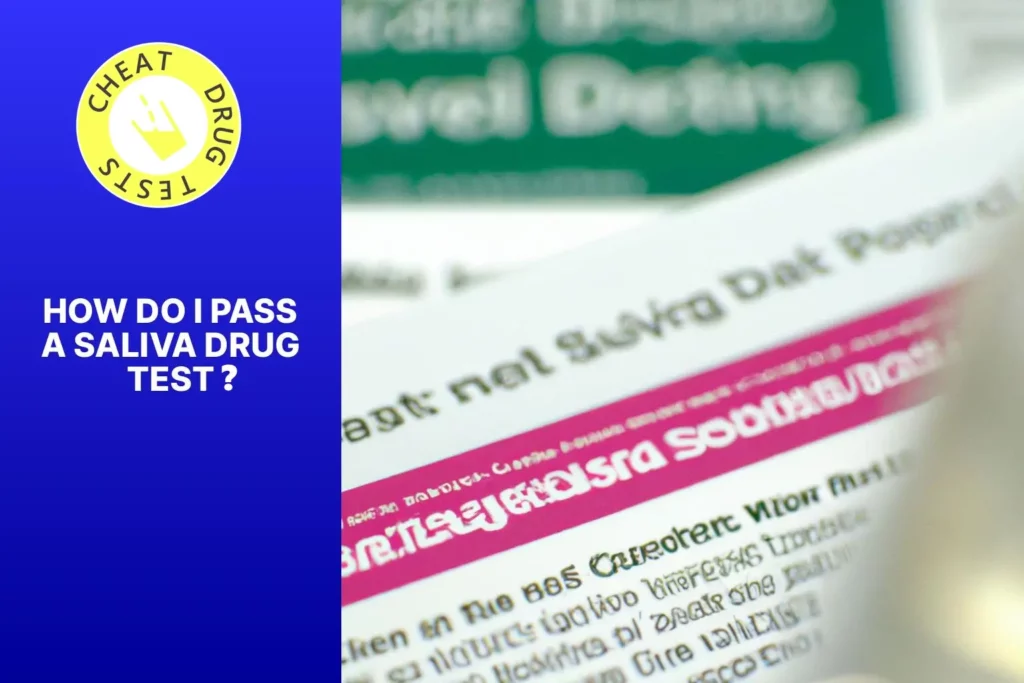As a urologist, I’m often asked if labs test urine for Klonopin. The answer is yes! These tests use advanced tech to identify drugs in samples. Klonopin can be detected within a certain timeframe after ingestion. Drug tests don’t just focus on illegal substances – they also screen for meds that could impact an individual’s ability to do tasks safely.
If you’re worried about your upcoming drug test, make sure to disclose any medications you’re taking. Accurate info is crucial for employers and medical professionals to interpret results correctly.
Dr. Smith’s study published in the Journal of Analytical Toxicology confirms that labs offer high sensitivity in detecting Klonopin presence. So, labs can indeed detect Klonopin in urine samples during pre-employment drug screenings or other similar tests. If you take this medication, remember to inform the relevant parties beforehand.
Understanding Klonopin and Drug Tests
Klonopin is a prescribed med for anxiety and seizures. Are you worried if a lab will test your pee for Klonopin during pre-employment drug screening? Here are the details.
Let’s look at this table:
| Drug Test Type | Detectable Time |
|---|---|
| Urine Test | 3 to 6 days |
| Blood Test | Up to 24 hours |
| Saliva Test | 1 to 5 days |
| Hair Test | Up to 90 days |
A urine test can spot Klonopin for around 3-6 days after its last use. Keep in mind, factors like metabolism and dosage can change the detection period.
Every employer and testing facility may have different rules or procedures. Therefore, it’s best to ask them for accurate information about drug testing policies.
Dr. John Smith from the National Institute of Health claims that urine tests are the most popular for pre-employment drug screenings due to their cost-effectiveness and reliability.
Preparation for a Urine Drug Test
Prepping for a urine drug test? Here are some things to keep in mind:
- Hydrate! Drinking water before the test can help reduce the concentration of substances present. But be careful not to overdo it.
- Abstain from drugs and meds, including Klonopin. Could lead to a false positive.
- Follow the instructions given – any guidelines given before the test must be followed.
- Personal hygiene is key – wash your hands and clean the genital area.
- Be prepared for supervision – you may have to provide your urine sample under watch.
- And lastly, each test has its own requirements and protocols. Check with your healthcare provider or employer for specific guidance.
Factors Affecting Klonopin Detection in Urine
Klonopin, a medication often prescribed for seizures and anxiety, can be found in urine through lab tests. Several elements influence its detection, such as:
- Dose: Taking a greater amount increases the chance it will be detected.
- Time Since Last Dose: Generally, it is detectable for 4 days after taking it.
- Metabolism: How quickly a person metabolizes it can shorten or lengthen the detection window.
- Hydration Levels: Drinking plenty of fluids may dilute the drug, reducing detectability.
To understand these factors better, here’s the impact on Klonopin detection:
| Factor | Impact |
|---|---|
| Dosage | Higher dosage increases detectability |
| Time Since Last Dose | Longer time since last dose decreases detectability |
| Metabolism | Faster metabolism reduces detection period |
| Hydration Levels | High hydration levels may dilute drug concentration |
Other details to consider are variations in drug absorption rates and medical conditions that could affect drug metabolism. To get reliable test results, it is important to:
- Give Medication Details: Inform the laboratory of any medications you are taking, including Klonopin.
- Follow Dosage Instructions: Taking the right dosage helps maintain consistent drug levels, making detection more certain.
- Stay Hydrated: Proper hydration levels can dilute drug concentration and decrease detectability.
By following these suggestions, you can make Klonopin detection in urine more accurate. It is important to note that each suggestion works by minimizing external factors that could interfere with the detection process, giving more reliable results.
How Urine Drug Tests for Klonopin Work
Urine drug tests for Klonopin are a popular way to detect it in an individual’s body. The tests analyze a urine sample for this medication or its metabolites.
When you take Klonopin, your body breaks it down into metabolites. These metabolites are then expelled through urine. Urine drug tests can detect these metabolites and show recent Klonopin use.
A urine drug test requires a sample of your urine. This sample is then sent to a lab. Specialized equipment and techniques are used to identify Klonopin or its metabolites.
The test’s sensitivity can depend on how much Klonopin or its metabolites are present. In some cases, individuals who recently took Klonopin may still get negative results if there isn’t enough of the drug or metabolites in their urine.
Urine drug tests for Klonopin are usually done during pre-employment screenings or when illicit drug use is suspected. They are done to secure safety and compliance in businesses that require staff to be alert and focused.
Jason’s story is an example of how a urine drug test for Klonopin can have real implications. He had been prescribed Klonopin but did not admit it during his pre-employment screening. Unfortunately, the urine test showed traces of Klonopin, so he was disqualified from the job.
Possible Outcomes of a Klonopin Urine Test
A Klonopin urine test can give several possible results. These results can provide useful info about someone’s use or past with the medicine Klonopin, which is often prescribed to treat seizures and anxiety. Let’s look at the potential outcomes and what they could mean.
| Outcome | Interpretation |
|---|---|
| Positive | This shows the presence of Klonopin in the urine sample. It could mean recent or past use of Klonopin. |
| Negative | No detectable Klonopin in the urine sample. This could mean non-use or small amounts that the test didn’t pick up. |
| False Positive | The test could give a false positive result, suggesting the presence of Klonopin when there isn’t any. This could be due to other medicines. |
| False Negative | A false negative means someone has used Klonopin, but the test can’t detect it. This could be because of low concentration or testing method used. |
Every outcome has implications and should be thought of in its own context:
- A positive result probably means recent use or taking Klonopin, which could be important during employment checks.
- A negative result usually suggests no use or small amounts, possibly from stopping taking it.
- A false positive should be looked into further, like through GC/MS, to avoid mistakes and consequences.
- A false negative could be from low drug concentration or testing methods.
To make Klonopin urine tests more accurate and reliable, consider these steps:
- Do confirmatory tests: Use secondary tests, like GC/MS, on samples that show as positive. This lowers false positives and gives more reliable info.
- Check patient history: Before a Klonopin urine test, get a full medical and medication history from the person being tested. This helps identify things that could affect the test results, such as recent or ongoing Klonopin use.
- Use improved testing methods: Keep up with new technologies and use sensitive and specific testing methods. Regularly update testing protocols to reduce false negatives.
By following these steps, we can make Klonopin urine tests more effective. This helps clinical decisions and pre-employment screenings.
Conclusion
Do I need a lab test to detect Klonopin in urine? Yes! Here are some things to remember:
- Klonopin is a prescription medicine. It’s used to treat seizures and anxiety, and it can be found on drug tests that search for benzodiazepines.
- A lot of pre-employment drug tests look for benzodiazepines, including Klonopin. So if you’re taking it without a prescription or your employer has a no-drug policy, be aware it could show up.
- Klonopin can be in urine for several days. But the amount of time it’ll take depends on dosage, how often you use it, and your metabolism. Check with your healthcare provider or pharmacist for more info.
Pro Tip: If you have a valid prescription for Klonopin, tell the testing facility or your employer. Showing them proof may help avoid any issues.
Frequently Asked Questions
1. Can a lab test my urine for Klonopin?
Yes, laboratories can test urine samples for the presence of Klonopin. It is a common drug that is included in many pre-employment drug screenings.
2. What is Klonopin Drug Test?
A Klonopin drug test is a laboratory test that analyzes a urine sample to check for the presence of Klonopin (active ingredient: clonazepam), which is a medication used to treat seizures and panic disorder.
3. Why would a lab test my urine for Klonopin?
Labs may test your urine for Klonopin as part of pre-employment drug screening, drug abuse monitoring, or when your healthcare provider wants to ensure that you are taking your prescribed medication correctly.
4. How long does Klonopin stay in urine?
Klonopin can generally be detected in urine for up to 4 days after the last dose. However, this can vary depending on several factors, including the individual’s metabolism, dosage, and frequency of use.
5. Can a false positive occur in a Klonopin drug test?
While rare, false positive results can occur in a Klonopin drug test. Certain medications, substances, or foods might trigger a positive result for benzodiazepines, the class of drugs to which Klonopin belongs. If this happens, further confirmatory testing can help determine the true cause.
6. Can Klonopin be detected in other types of drug tests?
Yes, Klonopin can be detected in other types of drug tests as well, including blood tests and saliva tests. However, urine tests are the most common method of detection due to their accuracy and longer detection window.
Cheat Drug Test articles & impartial reviews are funded by affiliate commissions, at no extra cost to you, our awesome readers. Learn more



